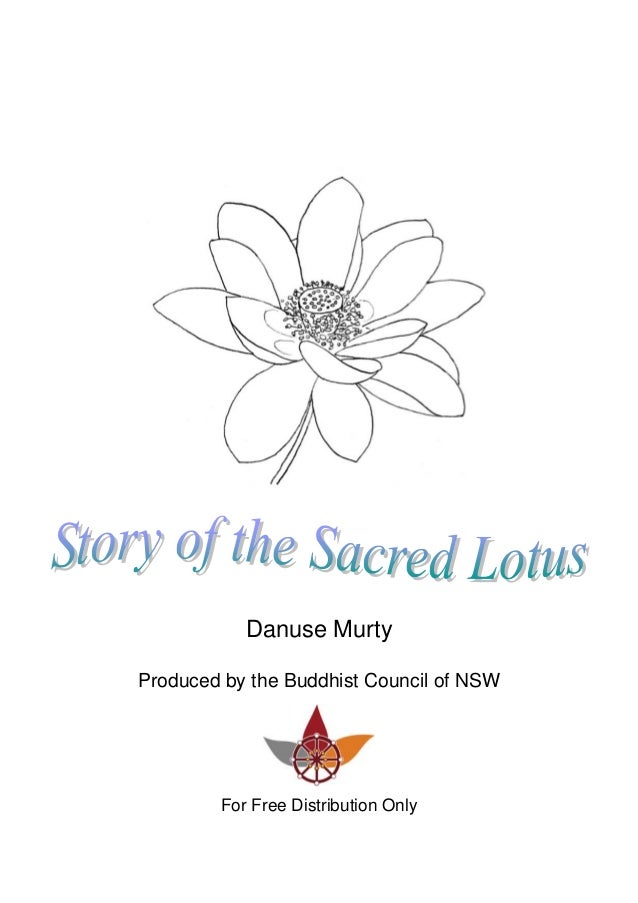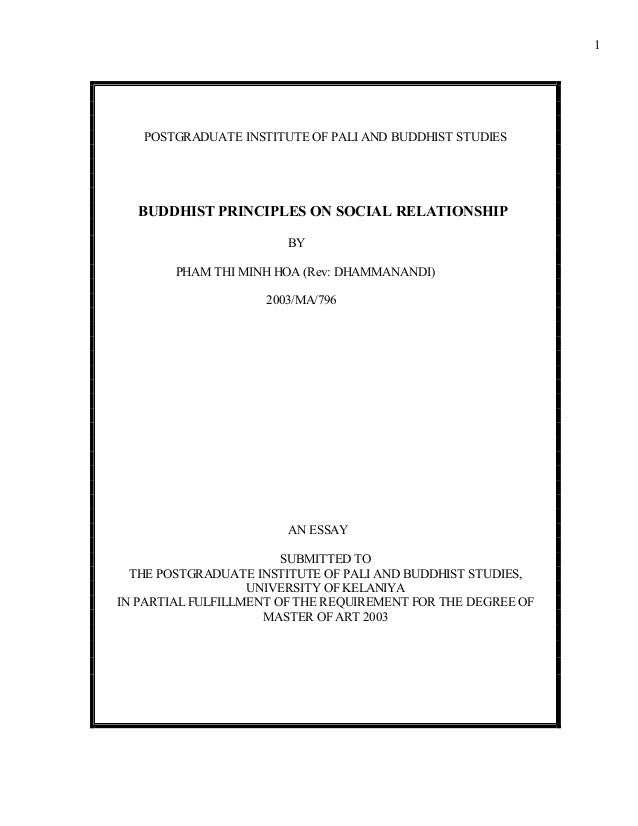
• • • Humans in Buddhism (Sanskrit manuṣya, Pali manussa) are the subjects of an extensive commentarial literature that examines the nature and qualities of a human life from the point of view of humans' ability to achieve. In Buddhism, humans are just one type of, that is a being with a. In Sanskrit Manushya means an Animal with a mind. Juniper netsim keygen download.
Jul 26, 2012 Buddha Bar DnB Grotten Olm. Unsubscribe from Grotten Olm? Buddha mix 2013 chill house lounge music part 2 by Carlo Rodriguez - Duration: 1:04:03. All 4 and 5 stringed basses In the Bass Buddha shop. Sadowsky, Dingwall, Overwater, Marleaux, Sandberg, Bass Mods, F bass, Stenback, Toggle navigation Menu Skip to main content.
In Sanskrit the word Manusmriti associated with Manushya was used to describe knowledge through memory. The word Muun or Maan means mind. Mind is collection of past experience with an ability of memory or smriti. Mind is considered as an animal with a disease that departs a soul from its universal enlightened infinitesimal behavior to the finite miserable fearful behavior that fluctuates between the state of heaven and hell before it is extinguished back to its infinitesimal behavior. In Buddhism, humans have a very special status: only a human can attain enlightenment as a fully enlightened. Enlightenment as an can be attained from the realms of the.
Rsymedian.com is not responsible for third party website content. It is illegal for you to distribute copyrighted files without permission. Rsymedian.com is Media search engine and does not host any files, No media files are indexed hosted cached or stored on our server, They are located on soundcloud and Youtube, We only help you to search the link source to the other server. Anbe anbe mp3 songs free download tamilwire. The media files you download with rsymedian.com must be for time shifting, personal, private, non commercial use only and remove the files after listening.
A can appear in many different types of lives, for instance as an or as a. Buddhas, however, are always human. Contents • • • • • • Qualities of human life [ ] The status of life as a human, at first is seen as very important. In the hierarchy of it is low but not entirely at the bottom. It is not intrinsically marked by extremes of happiness or, but all the states of consciousness in the universe, from hellish suffering to divine joy to serene tranquility can be experienced within the human world.
Humans can be seen as highly favored, in that they have an immediate reason to seek out the and yet also have the means to listen to it and follow it. Among the lower realms, (aka hungry ghosts), and dwellers in the (Buddhist hell(s)) are gripped by pain and fear, and can only endure their lot but cannot better themselves. Animals are intellectually unable to understand the Dharma in full. The way of life of the is dominated by violence and antithetical to the teachings of the Dharma. Most of the Brahmas and Devas simply enjoy reaping the fruits of their past and think that they are immortal and forever to be happy and so they don't try to practice the Dharma. When their past karmas have all had their result, these devas will fall into lower worlds and suffer again. The lowest sorts of devas deal with strife, love, and loss just as humans do, but even so they lack the spur of imminent mortality that can lead humans to seek, not merely a better future life, but an escape from altogether.
However, there are stories of beings in these realms deciding to practice and reaching enlightenment. For this reason, life in the world of humans is known as 'the precious human rebirth'. Born close to the pivot point of happiness and suffering, humans have a unique capacity for moral choices with long-term significance. The human rebirth is said to be extremely rare.
The Majjhima Nikaya (129 Balapandita Sutta) compares it to a wooden cattle-yoke floating on the waves of the sea, tossed this way and that by the winds and currents. The likelihood of a blind turtle, rising from the depths of the ocean to the surface once in a hundred years, putting its head through the hole in the yoke is considered greater than that of a being in the animal realm, hungry ghost realm or hell realm achieving rebirth as a human. This is because, according to the sutta, in these realms there is no Dhamma (Sanskrit Dharma), no practicing what is right, no doing what is wholesome, and no performing of merit.

However it is generally implied that if one is already living as a human they will continue to be reborn in the human world based on good works and so they will be one again and again as long as they are moral and good in the ways described in Buddhist rules regardless of whether or not they are Buddhist themselves. The idea is that one must be good and moral because falling below the human realm is dangerous as the odds of one becoming a human again with any great frequency is slim. Among humans there are also better and worse conditions for attaining enlightenment.
Besides being born as a human, the favorable conditions for obtaining enlightenment are: • Being born a human at a time when a Buddha has arisen, has taught the Dharma, and has left a that carries on the teachings; at such times there is a chance to learn the Dharma. • Being born a human in countries where the Dharma is known. Buddhist commentaries contrast the 'central lands' where Buddhism is known and can be practiced (originally just northern India, but now including a much larger portion of the globe) with 'border countries' where Buddhism is unknown or cannot be practiced due to legal or practical impediments, for instance, a lack of qualified teachers. Technically a 'central land' is one which possesses any one of the Buddhist saṅghas of,,.